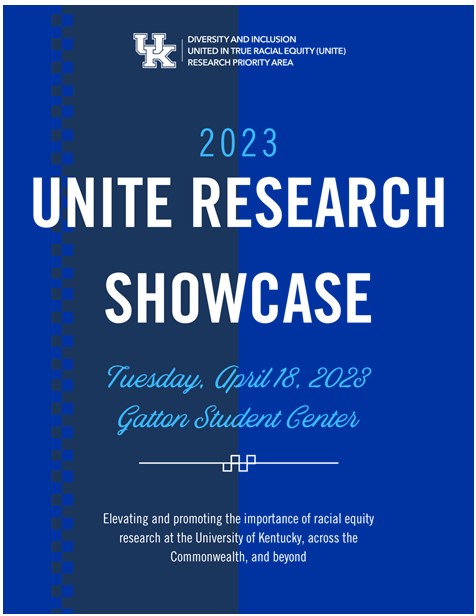
2023 UNITE Research Showcase w/Rosenstein Lecture
2023 UNITE RESEARCH SHOWCASE On Tuesday, April 18, 2023, UNITE will host the 2023 UNITE Research Showcase - centered around elevating and promoting the importance of racial equity research at […]

2023 UNITE RESEARCH SHOWCASE On Tuesday, April 18, 2023, UNITE will host the 2023 UNITE Research Showcase - centered around elevating and promoting the importance of racial equity research at […]

Caring for a relative’s child or a friend’s child comes with a lot of changes and challenges. From finding new routines to figuring out everyone’s likes and dislikes, bringing another […]
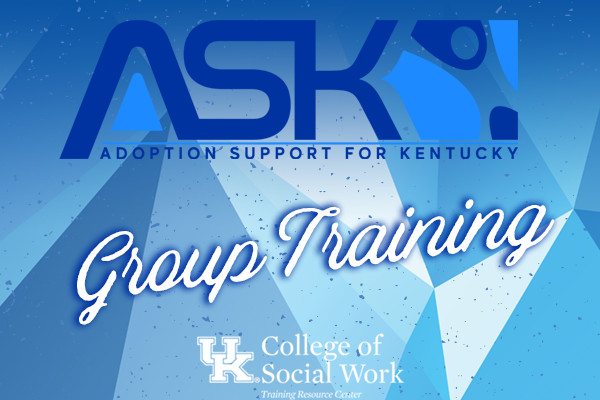
Healthy Boundaries: Strategies for Answering Tough Questions helps foster and adoptive parents understand the importance of setting boundaries in their lives. It explains the different types of boundaries (Physical and […]
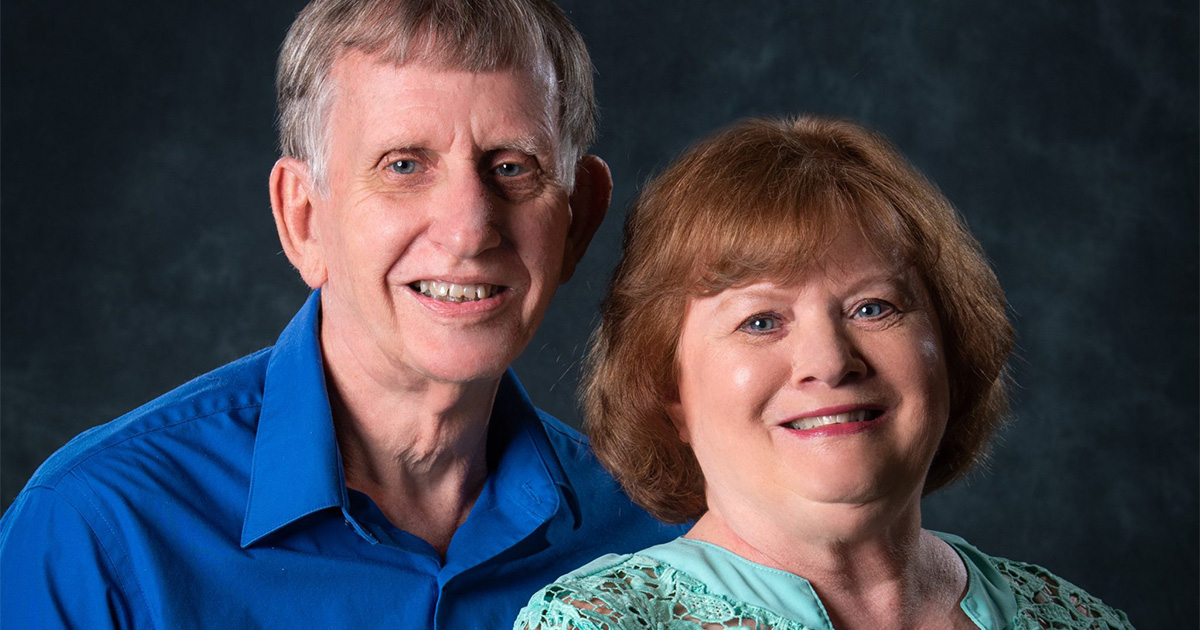
This new KIN VIP Support Group will begin as a 12-week pilot Support Group and will provide a community of support for kinship caregivers who have been impacted by a […]

Helping Foster & Adopted Children Transition to a New School will assist foster/adoptive parents in preparing to enroll a child in a new school. It will also provide practical tips […]
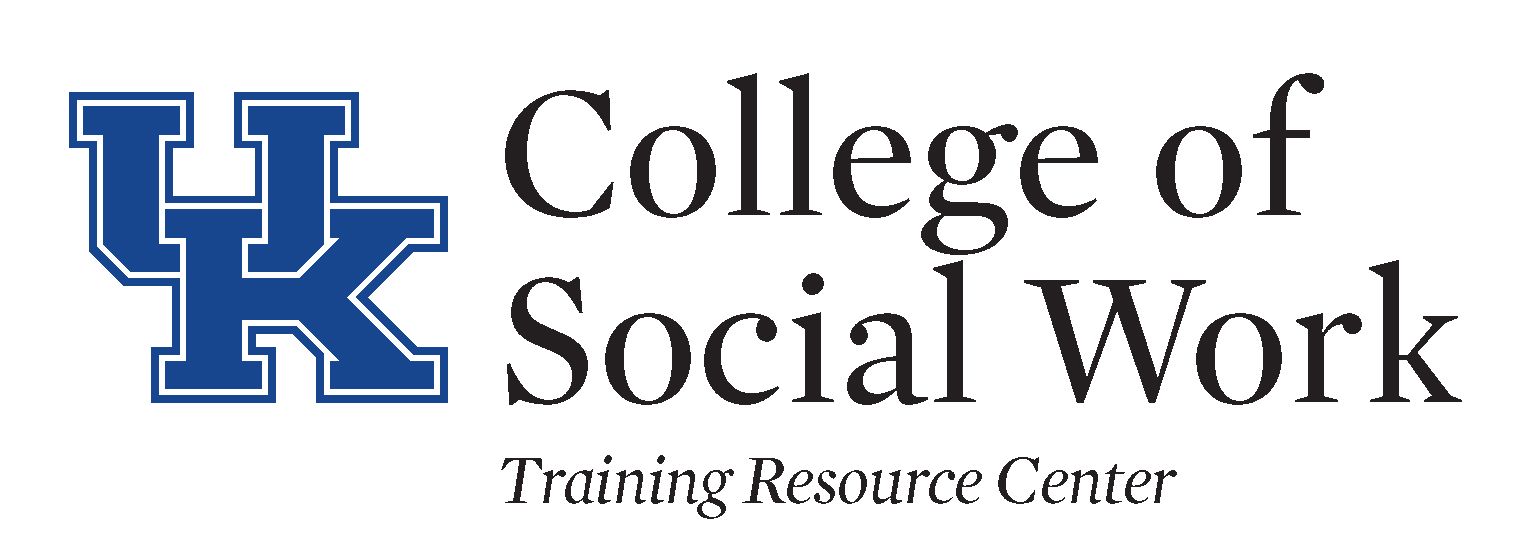
Monthly Staff Meeting for Centers & Labs Training Resource Center Staff. The meeting is held the 3rd Wednesday of Each Month at the Training Resource Center. This is an in-person […]

ARC Meetings & IEPs: The Basics will help foster and adoptive parents understand the process of an ARC Meeting and gain a better perspective of what an IEP will look […]
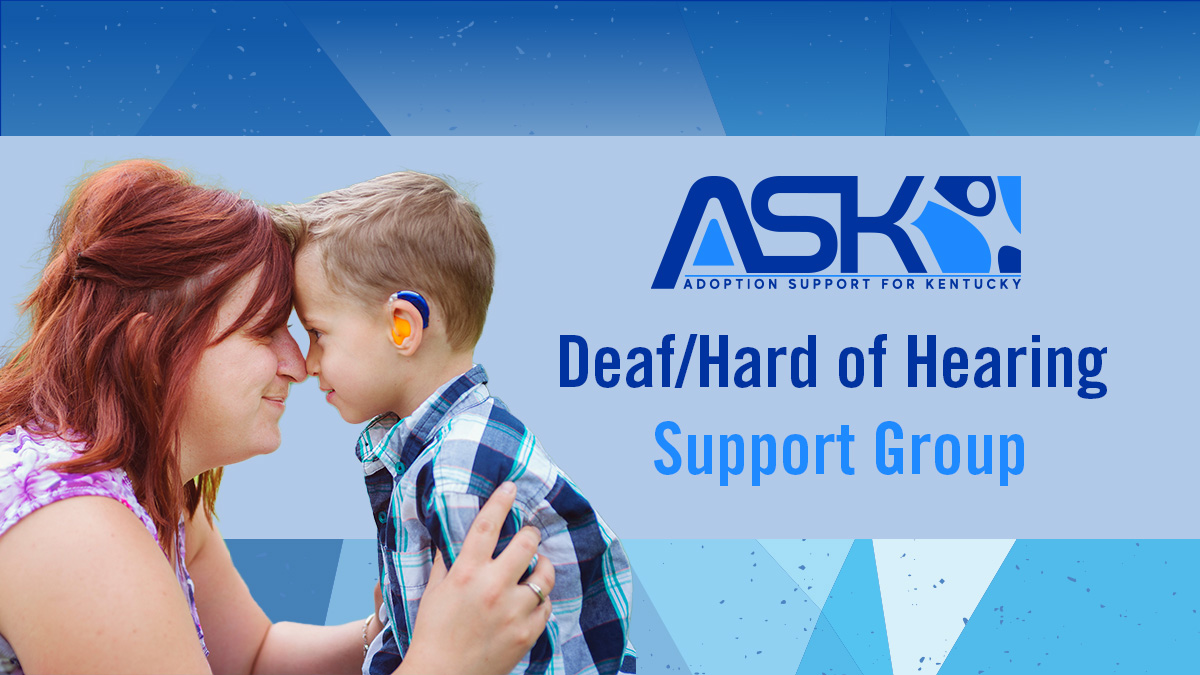
ASK-VIP Support Group for Foster/Adoptive Parents Caring for Deaf/Hard of Hearing Children provides a welcoming, safe environment for foster and adoptive parents to share resources, concerns, ask questions, and connect […]

A Child’s Education: Rights & Responsibilities will inform parents of the Individuals with Disabilities Education Act (IDEA). The training informs foster and adoptive parents of the processes used to determine […]

What to Ask When Called About a Placement will help foster and adoptive parents gather information before accepting a placement of a new child. During the training, participants will discuss […]

The presentation will cover what psychoeducational groups are and what this model looks like in treatment. The history of where psychoeducational groups started will be discussed and how the original model has developed into what psychoeducational groups look like today. Why a group model is effective will be covered and why there is an emphasis placed on the group instead of an individual session.
The transformation from how psychoeducational groups started to how psychoeducational groups look now will be discussed on the foundation of various theoretical approaches. The theoretical foundations will include the psychodynamic theory, cognitive behavioral theory, attachment theory, transtheoretical model, and motivational interviewing. There will be a discussion on how the search strategy was carried out throughout the research process including what databases were used, the search terms, and the process of selecting the literature for this project.
Finally, the presentation will include how there can be an improvement in practice, research, and policy. The future of psychoeducational groups will be contingent on how this is carried out.

In a military treatment facility, providers are encouraged to utilize evidenced–based psychotherapies (EBPs) as suggested by the DOD/VA in their clinical practice guidelines. However, there are many barriers and issues with (EBPs) that limit their use. Integrated psychotherapy may be the answer.
This presentation will discuss the concept of Integrated psychotherapy, identify integrated psychotherapies that exist in research on a military population, and discuss the common factors theory. The presentation will also include an example of what an integrated therapy may look like by showcasing a basic conceptual model combining EMDR and Contemporary Psychodynamic therapy techniques. A case study is included in the presentation, in which this model was retrospectively applied to a patient.